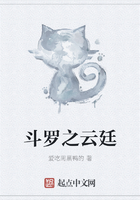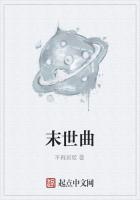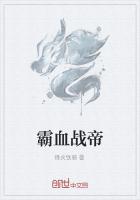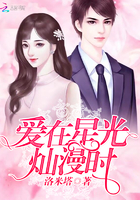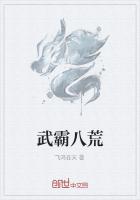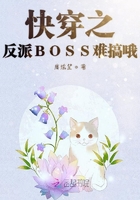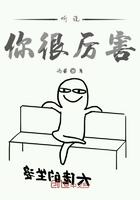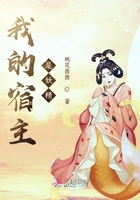There was, so far as I know, scarcely a rule of archery that he did not habitually violate. Our president and nearly all of us remonstrated with him, and Pepton even went to see him on the subject, but it was all to no purpose. With a quiet disregard of other people's ideas about bow-shooting and other people's opinions about himself, he persevered in a style of shooting which appeared absolutely absurd to any one who knew anything of the rules and methods of archery.
I used to like to look at him when his turn came around to shoot. He was not such a pleasing object of vision as Miss Rosa, but his style was so entirely novel to me that it was interesting. He held the bow horizontally, instead of perpendicularly, like other archers, and he held it well down--about opposite his waistband. He did not draw his arrow back to his ear, but he drew it back to the lower button of his vest. Instead of standing upright, with his left side to the target, he faced it full, and leaned forward over his arrow, in an attitude which reminded me of a Roman soldier about to fall upon his sword. When he had seized the nock of his arrow between his finger and thumb, he languidly glanced at the target, raised his bow a little, and let fly. The provoking thing about it was that he nearly always hit. If he had only known how to stand, and hold his bow, and draw back his arrow, he would have been a very good archer. But, as it was, we could not help laughing at him, although our president always discountenanced anything of the kind.
Our champion was a tall man, very cool and steady, who went to work at archery exactly as if he were paid a salary, and intended to earn his money honestly. He did the best he could in every way. He generally shot with one of the bows owned by the club, but if any one on the ground had a better one, he would borrow it. He used to shoot sometimes with Pepton's bow, which he declared to be a most capital one. But as Pepton was always very nervous when he saw his bow in the hands of another than himself, the champion soon ceased to borrow it.
There were two badges, one of green silk and gold for the ladies, and one of green and red for the gentlemen, and these were shot for at each weekly meeting. With the exception of a few times when the club was first formed, the champion had always worn the gentlemen's badge. Many of us tried hard to win it from him, but we never could succeed; he shot too well.
On the morning of one of our meeting days, the champion told me, as I was going to the city with him, that he would not be able to return at his usual hour that afternoon. He would be very busy, and would have to wait for the six-fifteen train, which would bring him home too late for the archery meeting. So he gave me the badge, asking me to hand it to the president, that he might bestow it on the successful competitor that afternoon.
We were all rather glad that the champion was obliged to be absent. Here was a chance for some one of us to win the badge.
It was not, indeed, an opportunity for us to win a great deal of honor, for if the champion were to be there we should have no chance at all. But we were satisfied with this much, having no reason--in the present, at least--to expect anything more.
So we went to the targets with a new zeal, and most of us shot better than we had ever shot before. In this number was O.
J. Hollingsworth. He excelled himself, and, what was worse, he excelled all the rest of us. He actually made a score of eighty-five in twenty-four shots, which at that time was remarkably good shooting, for our club. This was dreadful! To have a fellow who didn't know how to shoot beat us all was too bad. If any visitor who knew anything at all of archery should see that the member who wore the champion's badge was a man who held his bow as if he had the stomach-ache, it would ruin our character as a club. It was not to be borne.
Pepton in particular felt greatly outraged. We had met very promptly that afternoon, and had finished our regular shooting much earlier than usual; and now a knot of us were gathered together, talking over this unfortunate occurrence.
"I don't intend to stand it," Pepton suddenly exclaimed. "Ifeel it as a personal disgrace. I'm going to have the champion here before dark. By the rules, he has a right to shoot until the president declares it is too late. Some of you fellows stay here, and I'll bring him."And away he ran, first giving me charge of his precious bow.
There was no need of his asking us to stay. We were bound to see the fun out, and to fill up the time our president offered a special prize of a handsome bouquet from his gardens, to be shot for by the ladies.
Pepton ran to the railroad station, and telegraphed to the champion. This was his message:
"You are absolutely needed here. If possible, take the five-thirty train for Ackford. I will drive over for you. Answer."There was no train before the six-fifteen by which the champion could come directly to our village; but Ackford, a small town about three miles distant, was on another railroad, on which there were frequent afternoon trains.
The champion answered:
"All right. Meet me."
Then Pepton rushed to our livery stable, hired a horse and buggy, and drove to Ackford.
A little after half-past six, when several of us were beginning to think that Pepton had failed in his plans, he drove rapidly into the grounds, ****** a very short turn at the gate, and pulled up his panting horse just in time to avoid running over three ladies, who were seated on the grass. The champion was by his side!

